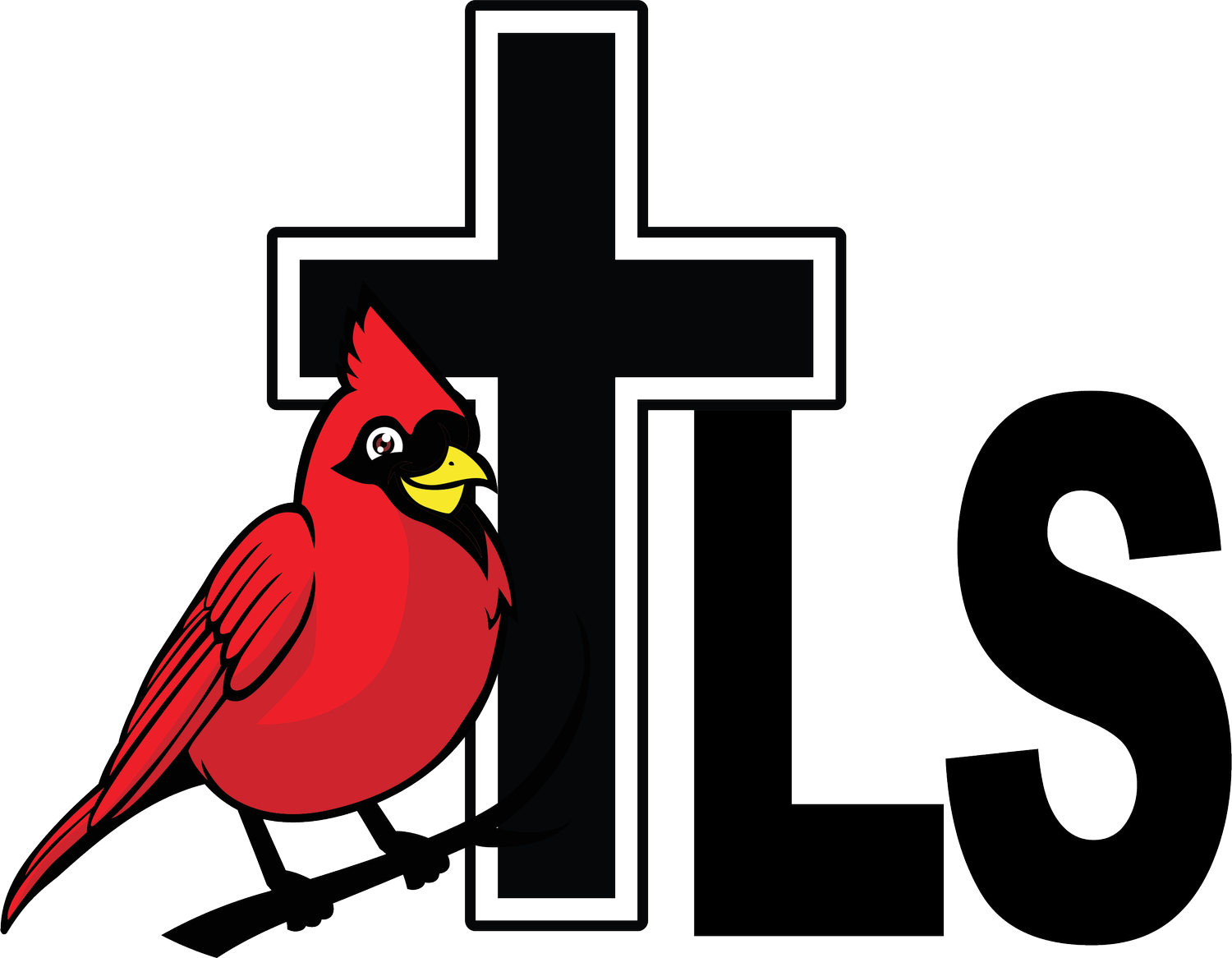
ACADEMIC OVERVIEW
FOURTH GRADE
WELCOME TO FOURTH GRADE!
Welcome to Third Grade at our Day School, an adventurous step into deeper learning and critical thinking. This transformative year propels students to higher reading levels, where they dive into diverse genres and refine their comprehension and analytical skills. Math becomes more intricate, with a focus on multiplication, division, and introductory fractions, kindling a love for problem-solving. Third graders expand their world-view through in-depth studies of science and social studies, and they take pride in mastering cursive writing. At this stage, interactive technology is integrated to augment their learning experience. Woven into this dynamic academic environment, our Christ-centered curriculum guide students, nurturing their spiritual and intellectual growth. With the unwavering support of our dedicated teachers, third grade becomes a unique blend of academic discovery and personal growth.
Below, you can find an excerpt of the academics that your child will experience in their third grade year at TLS.
Mrs. Louise Lund
RELIGION & MEMORY
In fourth grade, the Concordia Publishing House One In Christ curriculum is utilized for religion instruction. This program aims to nurture the faith and spiritual growth of the students. The lessons are based on sequential Bible stories, beginning with the creation account and continuing through the book of Ruth in the first semester. In the second semester, the students explore the life of Jesus and the early Christian church. Key concepts of faith, such as law, Gospel, confession, repentance, forgiveness, and grace, are taught within the context of these stories.
Daily worship, prayer, and Bible study are integral components of the program, allowing each child to engage with their faith. Additionally, a planned memory program is implemented, which involves memorizing essential Bible passages, portions of the Catechism (particularly the Petitions), and selected hymns.
READING
The fourth-grade reading program exposes students to a variety of literary genres, such as fables, tall tales, biographies, poetry, science fiction, and autobiographies. Emphasis is on improving their comprehension. Each lesson focuses on a particular reading strategy, building meaning, and practicing writing skills. An appreciation of reading is further encouraged through reading a variety of trade books, as well as using newspaper articles. Students also read books from our Accelerated Reading programs and take quizzes on the books they have read. Reading Groups are incorporated for discussions and book projects.
PENMANSHIP
In the fourth grade, students work toward improving the legibility of their cursive writing. Review of uppercase, lowercase, and letter joining are practiced, applied, and evaluated. The lessons are arranged in sequence according to similar strokes. Students use cursive writing in their daily work.
ENGLISH
The English curriculum in the fourth grade includes grammar, sentence and paragraph structure, punctuation, mechanics, vocabulary building, and diagramming of sentences. Creative writing is explored as students complete individual writing assignments.
SPELLING
The fourth-grade student studies the spelling of words directly and indirectly. There is a list of words to learn each week which follows a pattern or rule of spelling. That pattern or rule is then noted as it appears in other words. Spelling is guided in all writings of the student.
SOCIAL STUDIES
In fourth grade, the student studies the geographic regions of the United States. Skills needed for interpretation of information are practiced, including content reading, thinking skills, study skills, and map skills. A focus is placed on Minnesota today and its history, building appreciation for the student's state. Students complete several state projects during the year. Citizenship is encouraged through the discussion of current issues and Minnesota government.
MATH
Bridges in Mathematics is a comprehensive curriculum that is rigorous, coherent, engaging, and accessible to all learners. The curriculum focuses on developing students' deep understandings of mathematical concepts, proficiency with key skills, and the ability to solve complex and novel problems. At the fourth-grade level, addition, subtraction, multiplication, division, measurements, geometry, and data are covered.
TECHNOLOGY
Using chromebooks, students will gain skills in the general use of the computer, saving data, printing, manipulating clipart, and keyboarding. Other skills introduced are word processing and computer programming skills through code.org. Spanish (Duolingo) is also used.
SCIENCE
The fourth-grade program focuses on life science, earth science, and physical science. Study includes engineering and technology, energy, waves and information transfer, plant structure and function, changes to the earth's surface, rocks and fossils, and natural resources and hazards. Students also develop study skills of vocabulary and content material. They will apply process skills in cooperative learning projects.
ART
Fourth-grade students use a variety of mediums, such as paint, pastels, paper, crayons, fabric, etc. These mediums are used to explore design, sculpture, weaving, symmetry, and color. Monthly studies of famous artists and their works of art are discussed. Art class allows each student to discover his/her creativity and to appreciate art in general.
CHOIR/MUSIC
The main purpose of the choir is to provide glory to God through singing together while providing musical enjoyment and growth in vocal technique. The choir sings at scheduled church services, the Christmas service, and at the spring choral festival.
PHYSICAL EDUCATION
At this grade level, locomotor and non-locomotor skills will be taught in a more mature form than K-2 to prepare for the middle grades. Fitness concepts are reviewed, and the teaching of lifetime fitness activities is started - dance/movement units. Teamwork, fair play, constructive competition, and leadership are also focused on during the PE classes.As social and personal skills continue to develop at this age, Physical Education classes also focus on promoting cooperation, leadership, integrity, respect, fair play, initiative, responsibility, effort, self-discipline, and decision-making. Students are encouraged to view fitness as a lifelong pursuit and to find enjoyment in participating in physical activities.

